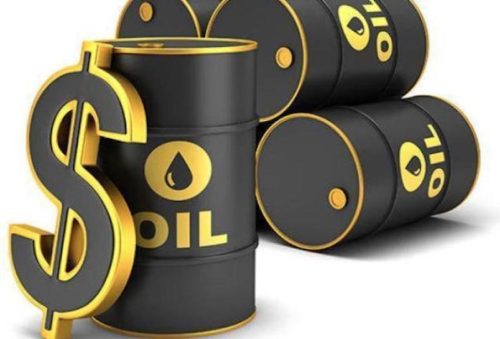The United States is now importing more foreign oil after years of declines. Low oil prices are forcing U.S. producers to scale back operations, leading domestic refineries to boost shipments from countries like Nigeria.
Total U.S. crude oil imports rose for three consecutive months this summer, from 5.6 percent of total imports in April to 11 percent in July, according to the latest data from the U.S. Energy Information Administration, a federal statistics agency. Until this year, the domestic energy boom had pushed crude imports down 20 percent between 2010 and 2014. But that dynamic is shifting as prices stay low due to an oversupply in global crude.
U.S. oil prices have plunged by more than half since June 2014, when West Texas Intermediate, the U.S. benchmark, was trading above $100 a barrel. WTI was down 0.7 percent to $44.29 a barrel Monday morning.
American producers were hit particularly hard by the oil bust because of the higher costs of their unconventional operations.
Hydraulic fracturing, or fracking, has enabled drillers to unleash unprecedented volumes of shale oil and gas, but the process is more complex than conventional techniques.
Private U.S. companies have also struggled to navigate the supply-demand imbalance more than nationalized oil companies in the Middle East. The Organization of Petroleum Exporting Countries (OPEC) last year opted to continue production levels despite waning demand and plunging prices. Now Saudi Arabia and Iraq are leading a surge in OPEC output, clawing back market share they ceded to producers in North Dakota and Texas, the Journal reported.
In the U.S., crude production has dropped to about 9 million barrels a day from a 43-year peak of 9.6 million barrels a day in April, the Energy Information Administration estimated. American production is expected to keep declining as the global supply glut persists into 2016.
The International Energy Agency said this month that sluggish economic growth in China and other nations will continue to suppress demand, even as Middle East exports surge.
“The market may be off-balance for a while longer,” the Paris-based energy watchdog said in its closely watched monthly oil report for October.
Copyright Ships & Ports Ltd. Permission to use quotations from this article is granted subject to appropriate credit given to www.shipsandports.com.ng as the source.
